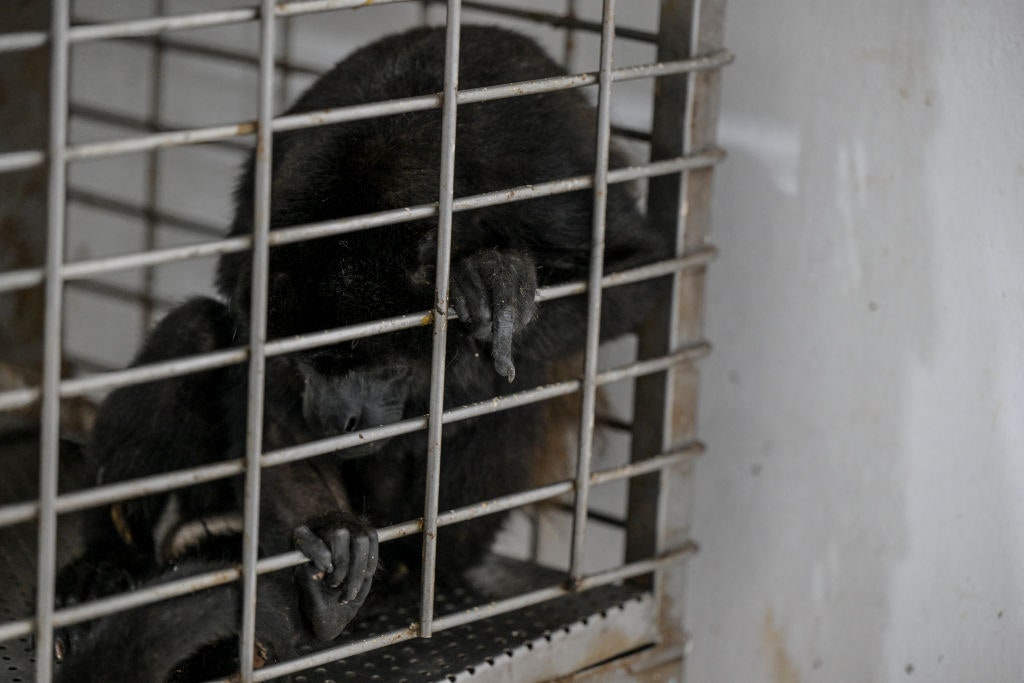Since the 2000s, cocoa production has declined due to plant diseases and falling local prices, causing many people to convert their cocoa farms to pasture. Valenzuela explains that this means that, generally, between one cocoa plantation and another there are now pastures, agricultural fields or human settlements. With the fragmentation of the monkeys’ habitat, temperature regulation is not homogeneous. The smaller a forest fragment is, the more heat it receives from its surroundings. Land use change is aggravating the effects of global warming.
A mess of good intentions
Gilberto Pozo describes the first responses to the emergency as “a sea of people helping”, a disaster, but without bad intentions. “There were more than 150 volunteers. If it were not for the support of the population, it would be difficult,” he says.
But some people took the monkeys to clinics without first registering them or notifying authorities, so Profepa now visits the clinics to collect data. Pozo is also concerned that volunteers or primates will infect each other. “They grabbed them, they approached them without masks or gloves, they hugged them, they kissed them, they talked to them. “This represents a high risk of zoonoses or anthropozoonosis.”
Added to this is the risk that vulnerable monkeys will be mistreated, says Ana María Santillán, founder of the Mexican Primate Rehabilitation Center, which rescues monkeys victims of petting and illegal trafficking. As civilians, people should not move a specimen because it is illegal, she says. “It was a blessing that Profepa got involved,” she adds. Still, her group has found young orphaned monkeys for sale.
To manage the situation, says Santillán, the civil organizations involved have formed specialized brigades, coordinated by Cobius. One is dedicated to recovering dead or dying animals. Another, which cares for the monkeys, is made up of veterinarians trained in the handling of primates, some from Profepa in Tabasco, others from the Juárez Autonomous University of Tabasco (UJAT). Another brigade is there to perform necropsies. Among the most important actions, explains Gilberto Pozo, has been the launch of two medical units to care for animals in need.


